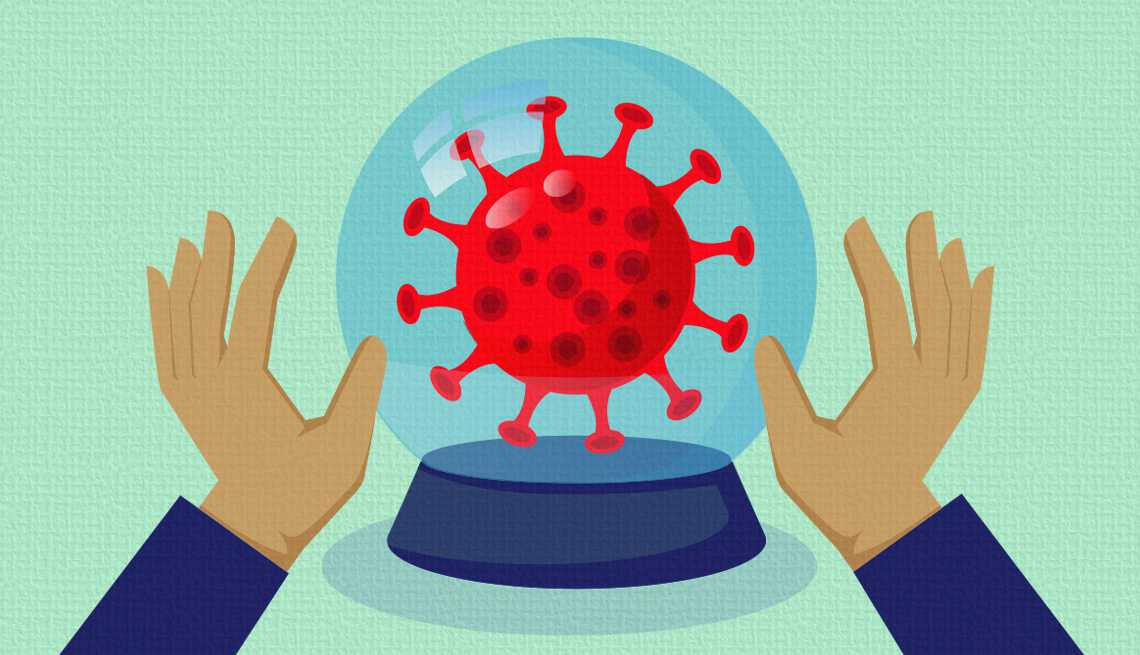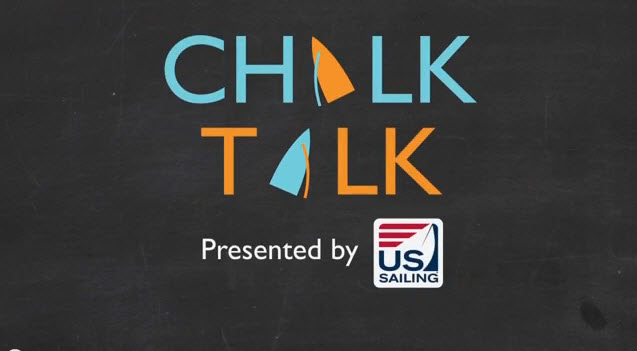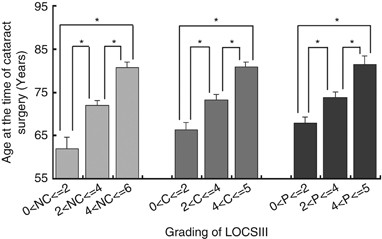
- Select a language for the TTS:
- UK English Female
- UK English Male
- US English Female
- US English Male
- Australian Female
- Australian Male
- Language selected: (auto detect) - EN
Play all audios:
A big reason has to do with new studies underway. The National Institutes of Health recently launched large-scale clinical trials to better understand, treat and prevent long COVID. One will
investigate whether the COVID-19 treatment Paxlovid can help to improve symptoms of the mysterious condition. Another will study interventions to help with brain fog, memory loss and other
cognitive complications caused by long COVID. Results from this research initiative, which includes a few other studies, will be published on a rolling basis. Over the next year, Al-Aly is
hopeful that we’ll also learn more about why and how long COVID occurs, or its so-called mechanism. Doing so could lend some insight on how to prevent it in the first place, he says. “I do
hope 2024 will not only further enhance national awareness of the problem, but also our ability to tackle it [medically],” he adds. 4. WE’LL PROBABLY HAVE NEW VACCINES Given the changing
nature of the virus, it’s likely the COVID-19 vaccine will be updated next year to match whatever new versions of the virus are spreading, much like how the flu shot gets updated annually,
says Rachel Presti, M.D., professor of medicine and medical director of the Infectious Disease Clinical Research Unit at Washington University School of Medicine in St. Louis. “We’re already
seeing [the virus] shift a little bit away from the vaccine that we’re giving this year,” even though this new vaccine, released in September, is a much better match for the current
variants than last year’s vaccine would have been, Presti says. You might also hear more about a combined flu-COVID vaccine in 2024. That’s because vaccine manufacturers are testing a single
shot that helps protect against both influenza and the coronavirus. Early trial data has produced positive results, and Phase 3 studies are in the works. “I’m really excited about them,”
Pekosz says. “All the same reasons that you would get the flu vaccine are the same reasons you would get the COVID vaccine, yet we’re seeing a really big difference in terms of people who
take the COVID vaccine versus the influenza vaccine.” According to data from the Centers for Disease Control and Prevention (CDC), roughly 42 percent of adults in the U.S. received a flu
shot,as of Dec. 14, while only 18 percent of adults got the new COVID-19 vaccine. “So I’m hoping that a combination vaccine will really send the message to most of the population,
particularly those who are susceptible to severe COVID or influenza, that, look, here’s a simple way for you to protect yourself from both of these very dangerous pathogens — one and done,”
Pekosz says.








